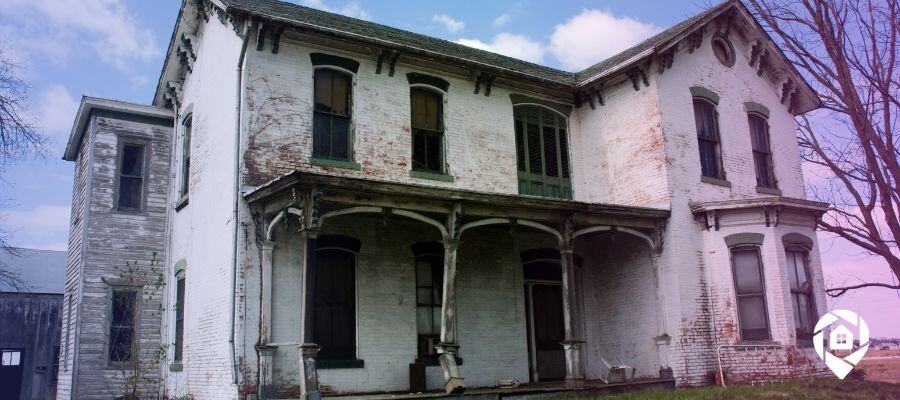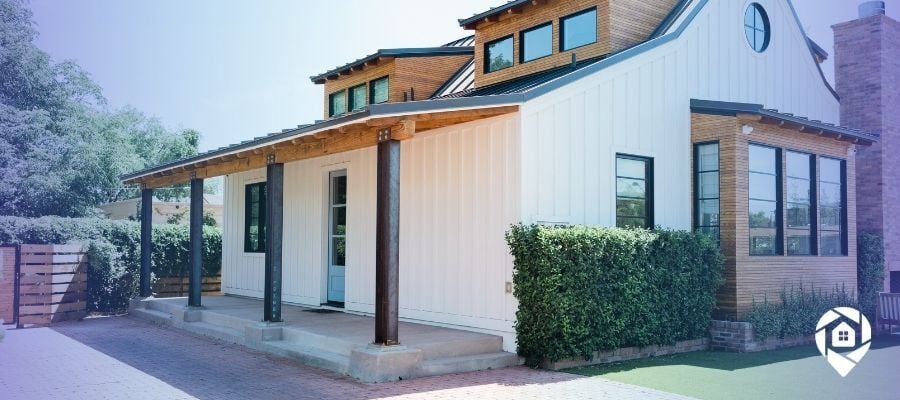
Exposing Fixer Upper Properties: Untold Realities of House Flipping

Picture this: a neglected house, on the brink of being cast away, only to be discovered by eagle-eyed house flippers. They buy it, breathe life into it with a complete makeover, and voila! It's sold for a handsome profit! Sounds like an episode of 'Fixer Upper,' doesn't it?
Well, flipping houses indeed promises a high return on investment if done correctly. It's no wonder that many real estate investing enthusiasts are lured by the prospect of a quick, lucrative flip.
However, what popular house flipping shows on HGTV and A&E might not completely convey is that real estate investing, particularly flipping houses, is hardly as straightforward as they present it. Not to downgrade the spectacular work it takes to produce the show, but it is hard to present the entire process in an hour-long episode.
But worry not! We're here to delve deeper into the reality behind the glamour of these television programs. Let's start by understanding the basics.
Understanding House Flipping
House flipping is an investment strategy in the real estate market, where an investor purchases a property below market value, often in need of renovations, and resells it at a higher price to turn a profit. While the concept might seem easy, there's more to flipping houses than just 'buy-fix-sell.'
Although house flipping has come into the limelight recently, largely thanks to TV shows like 'Fixer Upper,' it has been a significant part of the real estate investing world for decades. The sale price of a flip home, however, is dependent on many factors including the condition of the house, the local housing market, and the amount spent on renovations.
The Reality Behind the TV Magic
One of the primary catalysts behind the house-flipping trend is the popular television shows. Normally the show follows house flippers as they transform a dilapidated property into a charming home, showcasing what seems to be a seamless process of flipping houses. But what is happening behind the scenes?
Reality shows, by definition, focus on providing entertainment. In pursuit of creating engaging content, these house-flipping shows often simplify complex situations. Take the 'time' aspect as an example. The process of purchasing a property, renovating it, and then re-selling it could take several months, but this is conveniently packed into an hour-long episode, blurring the amount of effort and time house flipping requires.
They cannot accurately portray the time it takes to do a flip unless it was just a 24-hour live stream of the entire process. That's something I might watch but others might be less inclined.
Then there's the issue of the budget. House flipping shows often highlight two numbers: the purchase price and the sale price. But what they don't factor in or tend to group together are the myriad of hidden or unaccounted costs such as property taxes, holding costs (the cost of holding a property before it's sold), or unexpected renovation costs.
Again, many people watch these shows for entertainment, not as a step-by-step guide to house flipping, so it makes sense that these costs would be lumped together.
The Risks and Challenges of Flipping Houses
While house flipping shows make it seem like easy money, there are several inherent risks and challenges that every real estate investor should be aware of. Dealing with contractors, dodging hidden repair costs, navigating property taxes, and predicting the real estate market are some of the challenges that flippers face.
The financial risk is also significant. House flippers can end up pouring a lot more money into a property than anticipated, on top of regular holding costs. And the sale price might not always cover these extra costs, possibly leading to losses rather than profit.
Takeaway: Unraveling the Glossed Over
House flipping shows, in their quest to entertain, often gloss over crucial aspects associated with real estate investing. While there's no doubt these shows have sparked interest in house flipping, it's crucial for prospective house flippers and real estate investors to look beyond the glamour of television and grasp the reality of flipping houses.
Real estate investing, including house flipping, carries risks alongside potential rewards. Understanding the dynamics of the real estate market, being equipped to handle unexpected renovation costs, and being prepared for the intricacies of dealing with contractors and housing laws are all crucial parts of the equation of flipping houses.
In conclusion, if done properly, flipping houses can indeed be a lucrative form of real estate investing. Just remember that as with any form of investing, it's important to do your homework and avoid common mistakes. While house flipping shows can be entertaining and inspirational, they should not be the only source of information when deciding to dive into the world of real estate investment.

About Samantha Ankney
Samantha is the Social Media Manager at DealMachine, where she oversees all social media strategies and content creation. With 3 years of experience at the company, she originally joined as a Media Specialist, leveraging her skills to enhance DealMachine's digital presence. Passionate about connecting with the community and driving engagement, Samantha is dedicated to sharing valuable insights and updates across all platforms.



